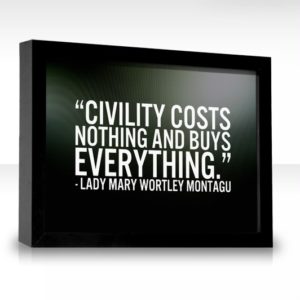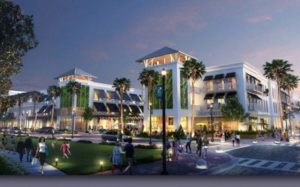
What a tough weekend.Images from Israel are now forever seared in our minds—like they were after 9/11.It’s hard to fathom or understand. There are just no words to describe the barbarity that humans are capable of. We see it in Ukraine, we see it in Israel and we see it here at home too. We are not immune.
I’m a proud and patriotic American; born and raised here. But Israel has always been important to me and my family. As a Jew, I was raised to be proud of Israel. I was taught it’s history and was told of its importance. Israel would be a place where Jews would be safe, a haven from violence and antisemitism.
Sitting in suburban America, it seems easy to feel removed from it all, but the notion of Israel as safe haven was taught to me by relatives who fled atrocities fueled by authoritarian mad men. Some of our relatives didn’t get out. Six million of our people were slaughtered. So I listened to these stories and I respected those who saw and experienced what I pray we’d never encounter.
I took pride in Israel’s military prowess and it’s technological, entrepreneurial, scientific and cultural achievements. “Start Up Nation”, written about Israel’s entrepreneurial culture, is one of my favorite books.Like every country, Israel is not flawless. Like America, the nation is divided. Terribly and dangerously divided. I hope this tragedy focuses people on what’s really important. I hope it reminds us of our common bonds. I visited Israel once, in 1992, as a reporter on assignment to cover the 25th anniversary of the Six Day War.The trip was a professional highlight and I got to meet with and interview leaders including Prime Minister Yitzhak Rabin. Mr. Rabin would be murdered a few years later by an extremist. I came home from that trip deeply impressed with Israel’s strength, resolve, resilience and ingenuity.I’m confident those traits will see Israel through the darkness and the difficult days ahead. I have no doubt that terror will not prevail. But I also have no doubt that there will be many dark days ahead.
*****************************************************************

State Senator Powell
I recently sat down with State Senator Bobby Powell to discuss politics.
Senator Powell is running for Mack Bernard’s County Commission seat. He came by my office in Delray Beach to discuss the race and some other things happening in politics. Bobby has spent the past 8 years in Tallahassee so it was really interesting to catch up.
I’m 16 years removed from the day-to-day grind of politics, but I still follow some of it, not like I used to, but old habits die hard.
For some reason, candidates still like to drop by and get a has-been’s perspective. I’m not being self-deprecating when I say that.
I am a has-been when it comes to politics (and many, many other things). My era is a distant memory for most people. And the game has changed a lot since I was in it.
When I ran for office in the early 2000s, I think I raised a grand total of $20,000, a big number for that time. Last week, my favored candidate for mayor announced that he had raised a total of $111,000 and the election is 5 months away.
When I was elected to the Commission, the city didn’t have a consolidated website. We built one, but it was over the objections of a few who didn’t think a website would be necessary. Maybe the internet would be a passing fad? And who would ever use the internet to access government services?
Yes, those were different times.
In fact, I’m not sure I would have got into politics if it was as toxic back then as it is today.
I often ask former elected officials from my time and before, if they would run today and the answer is often an emphatic no. That saddens me because these are good people and many were incredible public servants—honest, ethical, smart, and experienced. They made great things happen and today they wouldn’t even dare try.
Why is that?
Because public squares in cities all over America have been poisoned. Often, good people won’t willingly dive into a toxic well. Thank goodness, a few are still willing. We need good people to run, but it shouldn’t be ridiculously dangerous to do so.
Before you label me naïve, idealistic, or overly sensitive let me say this. I am all those things. But I also believe that if you can’t stand the heat you don’t belong in the kitchen.
Still, there ought to be some rules of the road. Your record is fair game. But your family, sexual orientation, appearance, religion etc. shouldn’t be a factor—at least in my version of an ideal world.
Anyway, Senator Powell is a good guy, passionate about public service and anxious to continue serving.
He’s also an urban planner and that comes in handy when you serve in local office, because shaping the built environment to work for the greater good is an important job. I have a bias toward planners ( I married one). They understand placemaking, sustainability, traffic— all the fun stuff.
But I’m hoping that our planning for the future goes beyond height, density, setbacks, and floor area ratios. I hope we begin to think about how we can make our county and cities attractive and accessible to a wide range of people.
I’d love to see our young people go off to trade school, university or the military and come back to enrich our communities with their ideas, energy, investment, and passion. I’d love for our county to be a magnet for talent from places far and wide.
And I told the Senator this.
We can’t do it without attainable housing. We can’t do it without good schools and good jobs. We can’t do it without great universities, cultural opportunities, and recreation. We need it all—safe streets, great hospitals, beautiful parks, clean air, and safe drinking water.
Yes, we need it all. And that takes leadership. People willing to endure the snipers, the NIMBY’s, the internet trolls, and the constant criticism that comes with life in the arena. Because none of the good stuff happens without it, and a whole lot of damage happens when the wrong people get their hands on the reins of power. They rip and tear at what’s been built. We see the damage they do at all levels of government.
It can take 25-30 years to build something of value, and you can blow it all in a year or two. We call that municipal math; it’s a cruel rule, it’s neither fair nor just, but it’s as real as our humidity.
I shared these thoughts with the good senator because this subject consumes me. I said we needed to build a bench of good people willing to serve and he looked at me and said: “we don’t need a bench, benches blow away in a strong wind. We need to plant trees because trees have roots.”
That line stopped me cold in my tracks. Bobby’s right. We need to plant trees and we need to tend to those trees, so they grow strong roots; deep roots, enduring roots.
I love the analogy.
And we ought to start right away because there is no time to waste.
Why the urgency?
Because those who would rip out the roots are always raring to go.
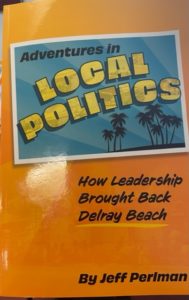
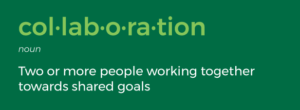
 Rituals matter.
Rituals matter.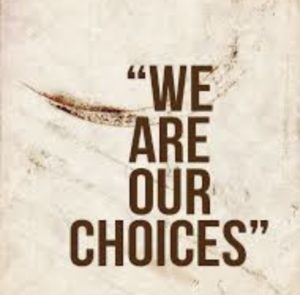
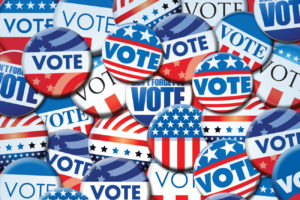
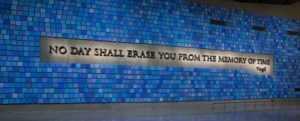 9/11 will always be a somber day for our country.
9/11 will always be a somber day for our country.